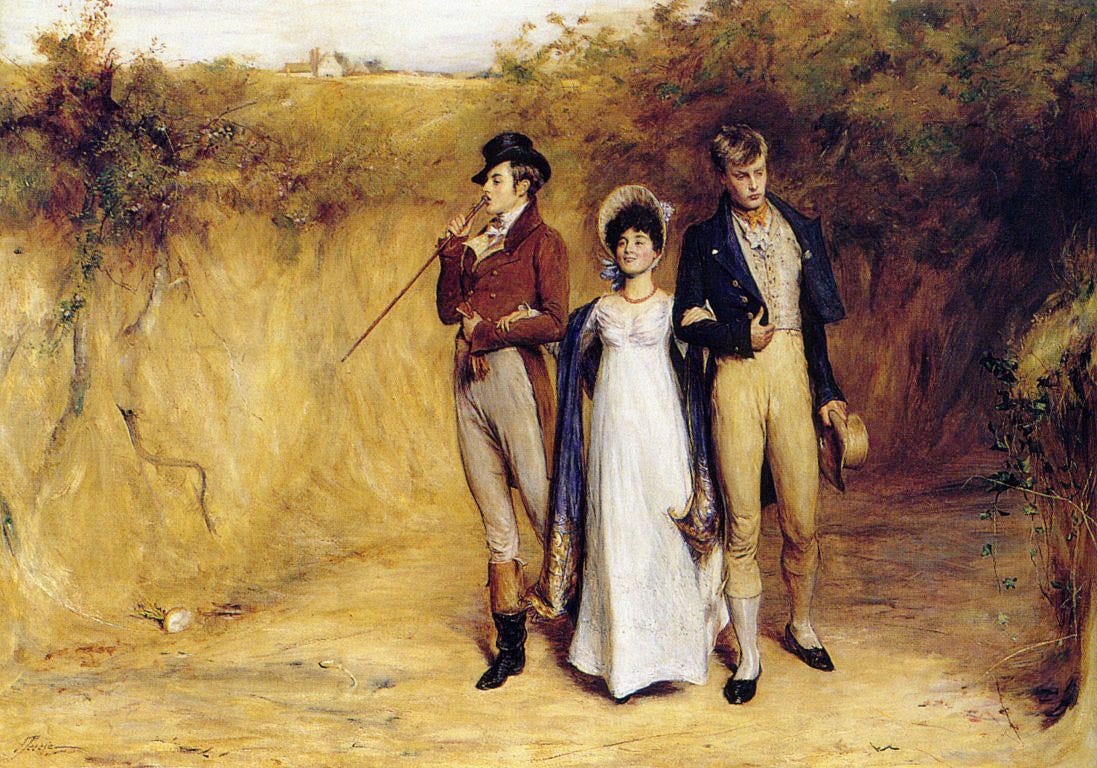
“Shall I wasting in despair / Die because a woman’s fair?” asked George Wither around 1622, in rejection of all the old I-pine-away-to-nothing tropes of unrequited love in chivalric romance. It was the era for such a turn against what was perceived as the medieval. The first part of Don Quixote, appearing in 1605, contained the loudest and most successful mockery of the romance stories, but even Richard II, Shakespeare’s 1595 history play, shows that medieval forms had become openly suspect. Wither was never a trend-making figure (more a leaf, albeit an irritable and attention-demanding leaf, blown hither and yon by the winds of his time), but in “Shall I wasting in despair” he gives memorable expression to anti-romance sentiment: “If she be not so to me, / What care I how fair she be?”
Living from 1588 to 1667, Wither somehow managed to survive the bloody days of Elizabeth I, James I, and Charles I — along with the Civil War…
Keep reading with a 7-day free trial
Subscribe to Poems Ancient and Modern to keep reading this post and get 7 days of free access to the full post archives.



